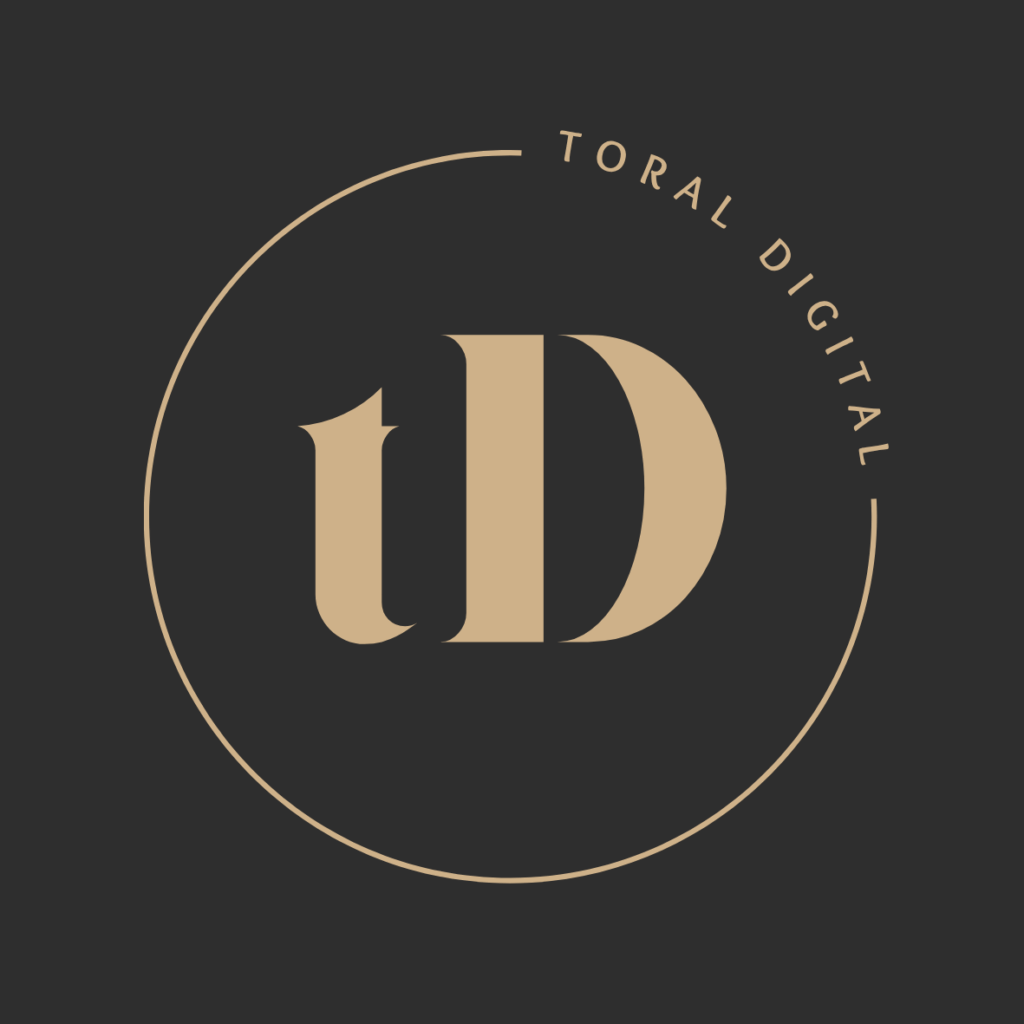In today’s rapidly evolving global landscape, staying ahead of the curve requires a deep understanding of current and emerging industry trends. Businesses, entrepreneurs, and professionals alike need to continuously adapt to market shifts, consumer behavior changes, and technological innovations. The year 2025 has already showcased a remarkable pace of transformation across multiple sectors — from digital disruption to sustainability initiatives. Let’s delve into the most impactful industry trends shaping the world today.
Digital Transformation: A Dominant Industry Trends
Digital transformation remains the leading industry trend across virtually all domains. Automation, artificial intelligence (AI), and machine learning (ML) are no longer just buzzwords. These technologies are actively streamlining operations, reducing costs, and enhancing customer experiences.
In retail, for instance, virtual try-ons and AI-driven recommendations are redefining how consumers shop. In manufacturing, predictive maintenance powered by IoT sensors is cutting downtime dramatically. Healthcare is leveraging telemedicine and data analytics to improve patient care. These examples highlight how digital transformation as an industry trend is not limited to tech firms but is being embraced by every kind of enterprise.
Sustainability and ESG: A Growing Industry Trends Across Sectors
The shift toward sustainability and environmental, social, and governance (ESG) standards has become a defining industry trend for the decade. Consumers are demanding transparency and ethical practices from the brands they support, and governments are tightening regulations around carbon emissions, waste management, and labor conditions.
As a result, companies are rethinking product life cycles, switching to renewable energy, and adopting circular economy models. In the fashion industry, for example, sustainable sourcing and recycling initiatives are being heavily promoted. For finance, ESG investment strategies are now mainstream. This industry trend is more than a moral imperative — it’s a competitive advantage.
Remote Work and Hybrid Models
While remote work spiked during the pandemic, it has now evolved into a sustainable long-term industry trend. Companies are embracing hybrid work models to improve employee satisfaction and reduce overhead costs. This has prompted a parallel trend in cloud computing, collaboration tools, and cybersecurity investments.
As employees demand flexibility, businesses are reimagining workspaces, reshaping HR policies, and prioritizing mental health and productivity tools. The industry trend here is not just about location independence, but about creating more human-centric work environments.
Customization and Personalization
Another rising trends is hyper-personalization. Consumers now expect tailor-made products, services, and content that align with their preferences, values, and behaviors. AI algorithms, data analytics, and customer segmentation tools are enabling businesses to deliver highly customized experiences.
In the food and beverage industry, for example, personalized nutrition plans are becoming popular. In e-commerce, brands use browsing history and AI to create unique shopping experiences. This industry trend is turning customer experience into a key differentiator.
Industry Trend Watch: What to Expect Ahead
Looking forward, some industry trends to monitor include the integration of blockchain in supply chains, the expansion of 5G networks, and the use of augmented reality in education and retail. Additionally, sectors like health tech, clean energy, and fintech are poised for significant breakthroughs.
Adapting to each new trend will require agility, innovation, and a commitment to lifelong learning. Those who can anticipate and act on these shifts will be better positioned to thrive in competitive markets of 2025.
Conclusion
To remain competitive in an increasingly dynamic world, tracking industry trends is no longer optional — it’s essential. Whether you’re a startup founder, corporate strategist, or student preparing for the workforce, recognizing and responding to these patterns will help you stay ahead. As technology, sustainability, and personalization continue to drive change, the ability to interpret and act upon each emerging trends will define success in the years ahead.
